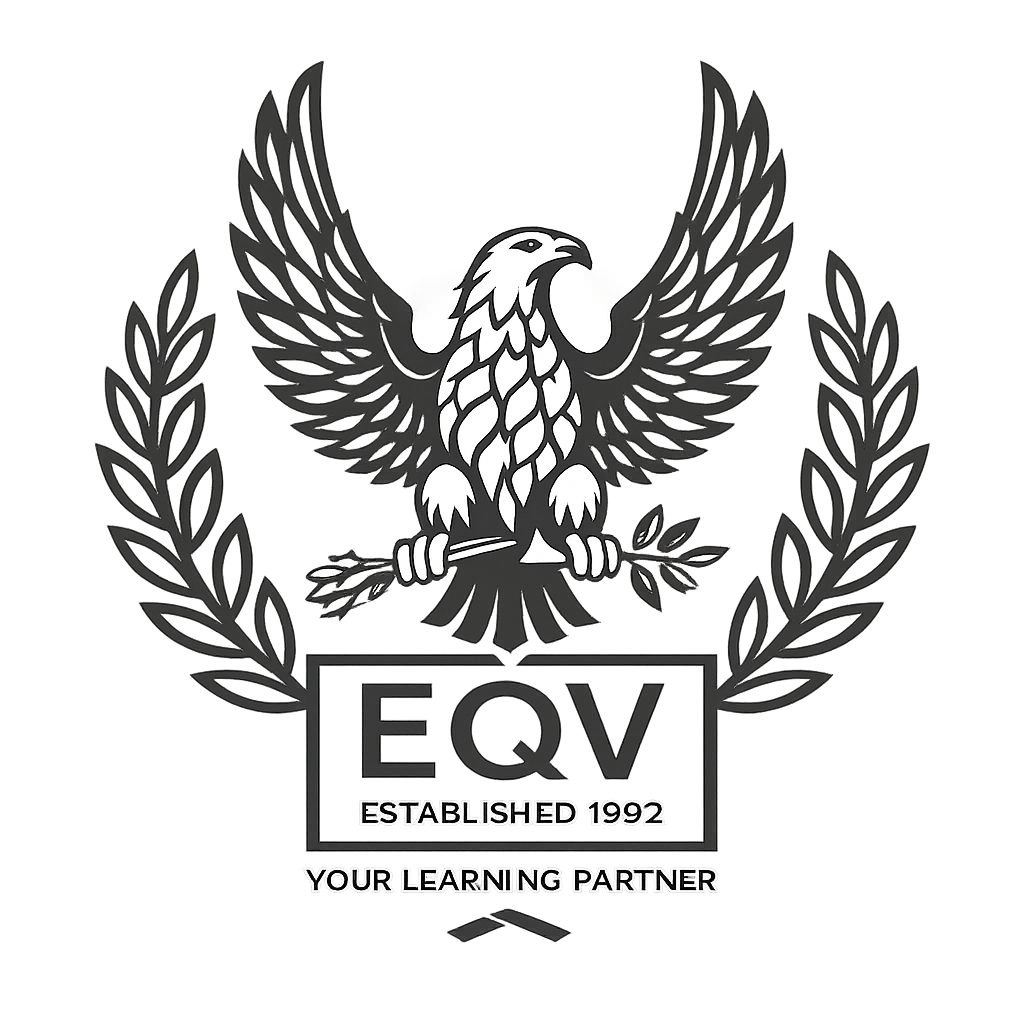Managing Difficult Conversations
What is a difficult conversation?
The reasons for managers struggling to have such conversation
Being resilient
Understand conflict and the reasons for it in the workplace
The consequences of avoiding difficult conversations
The consequences of dealing with difficult conversations inappropriately
Preparing for your difficult conversation
Having your difficult conversation
Making sure your difficult conversation is heard, understood and acted upon
The four stage feedback technique
Anyone who manages teams or people.
Have two or more people to train? you may consider a closed group course.
Benefits include:
- Cost effective
- Choose a date to suit you
- Customise content and timings
- No minimum delegate
Contact us on [email protected] to discuss specific date and delivery requirements.
We can deliver our training sessions in several ways, these being:
- Open public course (Contact us if you can’t see a suitable date listed)
Please enquire about the following methods
- Closed group
- In person face to face
- virtual
- One to one coaching
Course Benefits
- Fully led tutor instruction
- Comprehensive courseware for all delegates
- Certificates of attendance
- Course Guarantee
- Emergency trainer
- Contextualisation and customisation for Closed group courses
- Evaluation Feedback
- Access to Customer Portal (course bookers) for oversight of past and future training events and attendance details
Key Features
Engaging & interactive tutor led session
Comprehensive course materials
£449.00 Plus VAT
Can’t see a suitable date? Please request a date here
Payment available via all major credit cards or Invoice. All options available during the online booking process.
